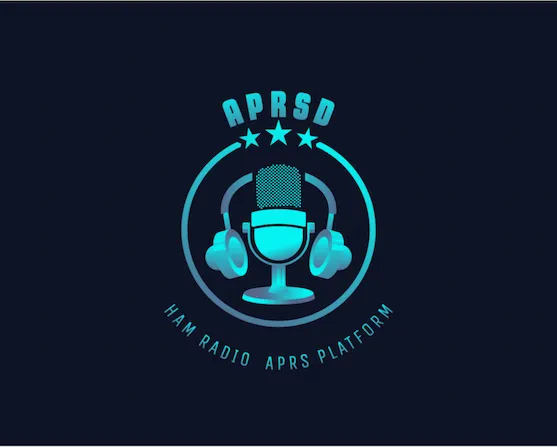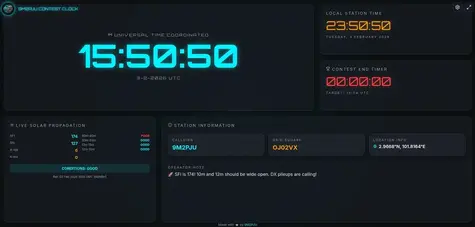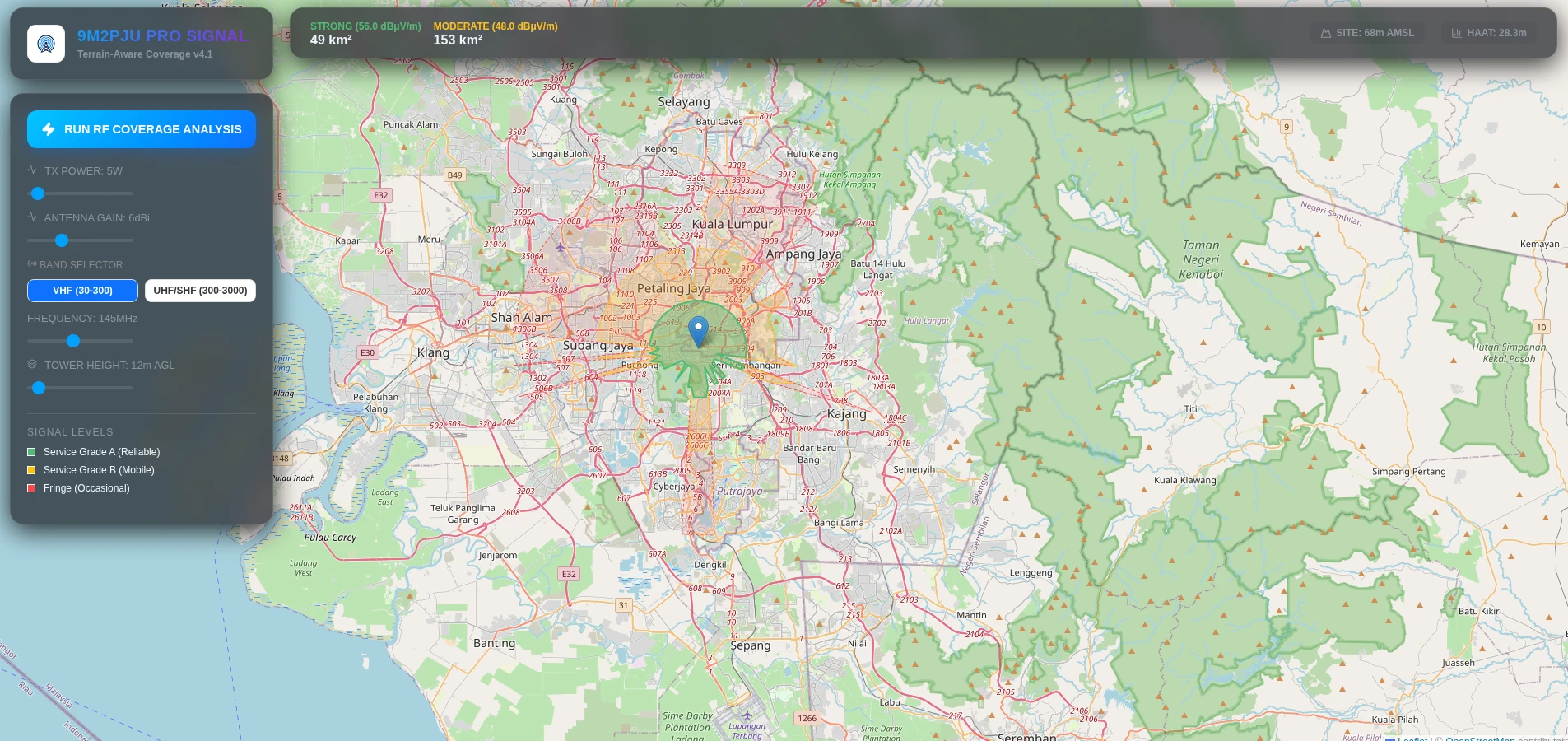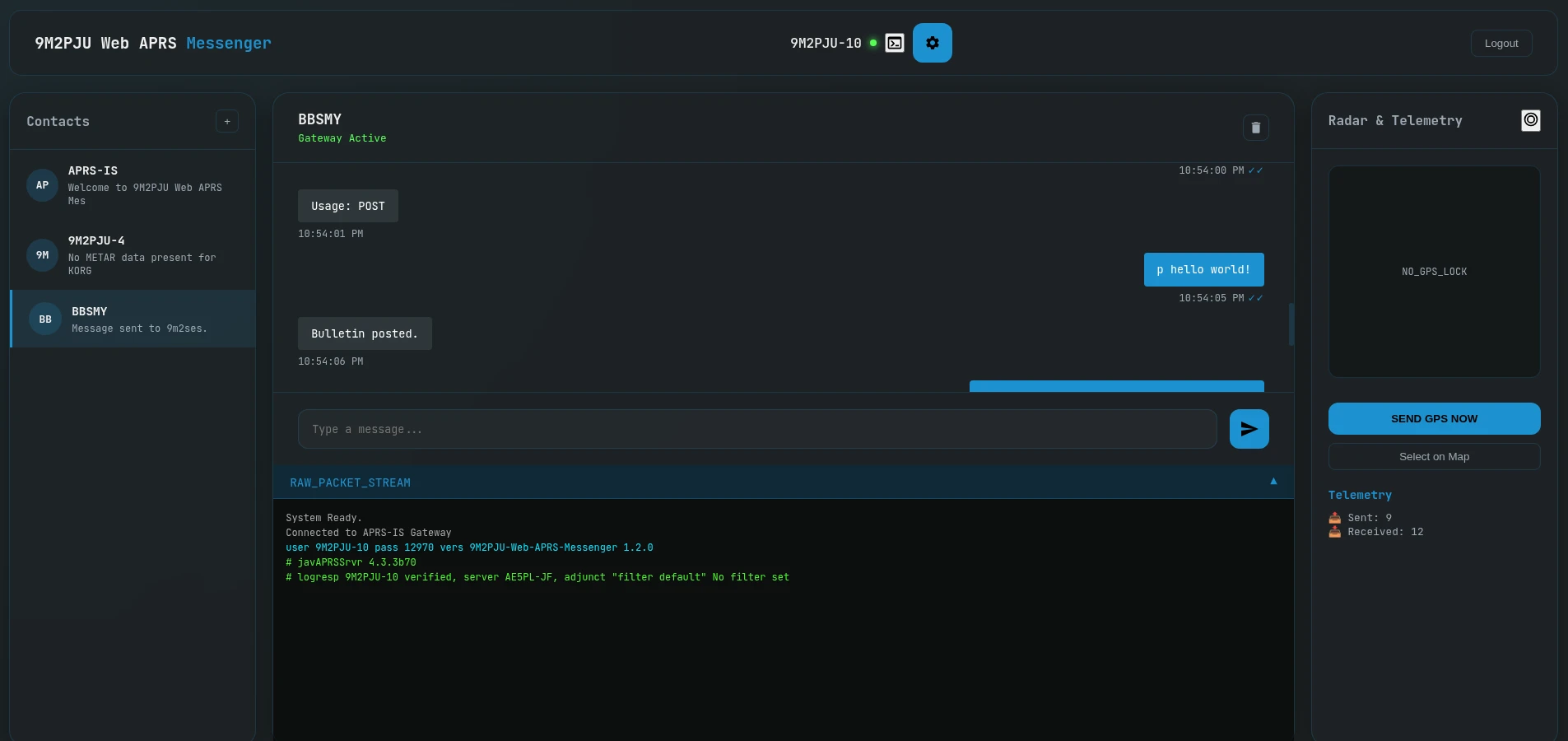amateur radio
APRS
APRSD
automatic packet reporting system
free open source software
ham radio
radio amatur
amateur radio tools, aprs automation, aprs chatbot, aprs daemon, aprs development, aprs docker, aprs message platform, aprs python, aprs server, aprs-is tools, aprsd, aprsd for ham radio, aprsd malaysia, aprsd plugins, aprsd telegram plugin, aprsd web interface, ham radio aprs, kiss tnc aprs, open source aprs software, python ham radio
9M2PJU
0 Comments
Exploring APRSD: A Modern Python-Based APRS Message Platform for Ham Radio Operators
In the world of amateur radio, APRS (Automatic Packet Reporting System) has long been a powerful tool for real-time tactical communications. From weather updates and GPS location sharing to short text messaging between operators, APRS is a flexible and evolving system. But as with many legacy technologies, modern tools are emerging to make interaction with APRS networks simpler, more efficient, and extensible.
One such project is APRSD, a Python-based APRS daemon designed to make APRS messaging smarter and more adaptable for today’s ham radio enthusiasts.
What Is APRSD?
APRSD is a lightweight, extensible APRS message platform written in Python. It connects to the APRS-IS network (the global internet-based APRS backbone) or directly to radios using KISS TNC interfaces. Once connected, it listens for APRS messages, processes them using a modular plugin system, and sends automated responses where applicable.
Whether you’re a casual operator, a club administrator, or a developer exploring new APRS capabilities, APRSD offers a convenient way to extend how you interact with the network.
Key Features
- ✅ Python CLI Tool: Simple command-line interface to run a server, send messages, or listen to traffic.
- 🔌 Plugin & Extension System: Enables powerful message filtering and automatic replies.
- 🌐 Internet or Radio Interface: Works via APRS-IS or connects directly to a TNC.
- 🧰 Built-In and 3rd-Party Plugins: Respond to pings, get weather updates, fetch stock prices, or even tweet — all via APRS.
- 📡 Live APRS Gateway: Can serve as a custom APRS service provider under your callsign.
Real-World Use Case
Imagine a ham operator sending a message to the APRS callsign REPEAT. Behind that callsign is a running instance of APRSD with the Repeat Plugin installed. When the message is received, the system looks up nearby repeaters based on the sender’s location and sends back the relevant info — automatically and within seconds.
This approach turns APRS into a smart query-response platform that feels more like interacting with a chatbot than a static data link.
Getting Started
Setting up APRSD is relatively straightforward:
1. Install via pip:
pip install aprsd
2. Generate a sample config:
aprsd sample-config > ~/.config/aprsd/aprsd.yml
3. Edit the config to include your callsign and APRS-IS passcode:
If you don’t have a passcode, you can generate one using https://pass.hamradio.my.
Available Plugins and Extensions
APRSD includes a growing collection of plugins you can install and activate based on your needs:
- Built-in Plugins:
PingPlugin– Responds to apingmessage withpongTimePlugin– Replies with current timeWeatherPlugin– Gets weather for a callsign’s locationNotifySeenPlugin– Alerts when a watched callsign appears
- 3rd-Party Plugins:
aprsd-telegram-plugin– Bridge APRS messages with Telegramaprsd-twitter-plugin– Send tweets via APRSaprsd-mqtt-plugin– Integrate APRS with MQTT networksaprsd-stock-plugin– Query stock prices via APRS
- Extensions:
aprsd-admin-extension– Web interface for monitoring APRSDaprsd-webchat-extension– Chat-style APRS web UIaprsd-irc-extension– Simulate IRC-style APRS rooms
Install these using pip:
pip install aprsd-telegram-plugin aprsd-stock-plugin
Docker Support
For those who prefer containerization, APRSD supports both official and development Docker images. A sample docker-compose.yml can bind your config and install plugins via environment variables:
volumes:
- $HOME/.config/aprsd:/config
environment:
- APRSD_PLUGINS=aprsd-stock-plugin,aprsd-wxnow-plugin
This makes APRSD suitable for server deployment, club digipeaters, or even embedded systems like Raspberry Pi setups.
Who Should Use APRSD?
- Licensed hams who want to automate APRS responses
- Developers building custom APRS services
- Amateur radio clubs looking to provide localized info (repeaters, weather, events)
- Anyone who enjoys tinkering with packet radio and Python
Final Thoughts
APRSD is not a replacement for traditional APRS tools, but rather a modern complement. By embracing modular design, plugin support, and community-driven development, it gives hams a chance to bring new life into APRS-based messaging.
The project is actively maintained, open source, and welcomes contributions. If you’re a licensed operator looking to add intelligence to your APRS node or experiment with creative applications, APRSD is definitely worth checking out.
📡 GitHub: https://github.com/craigerl/aprsd







Post Comment